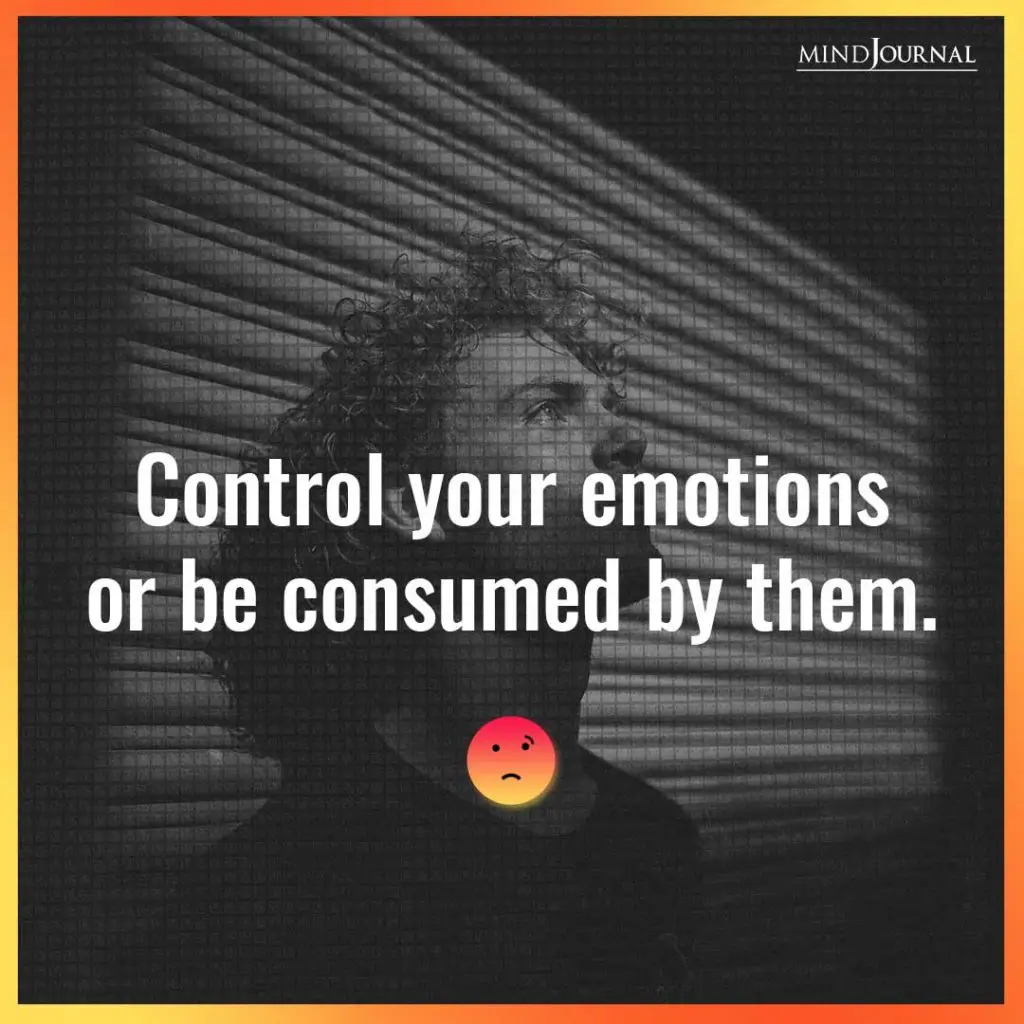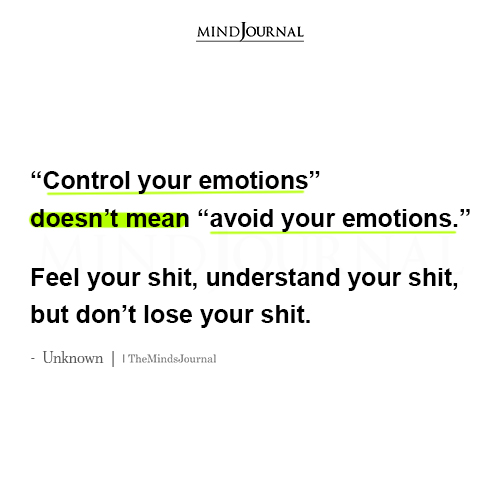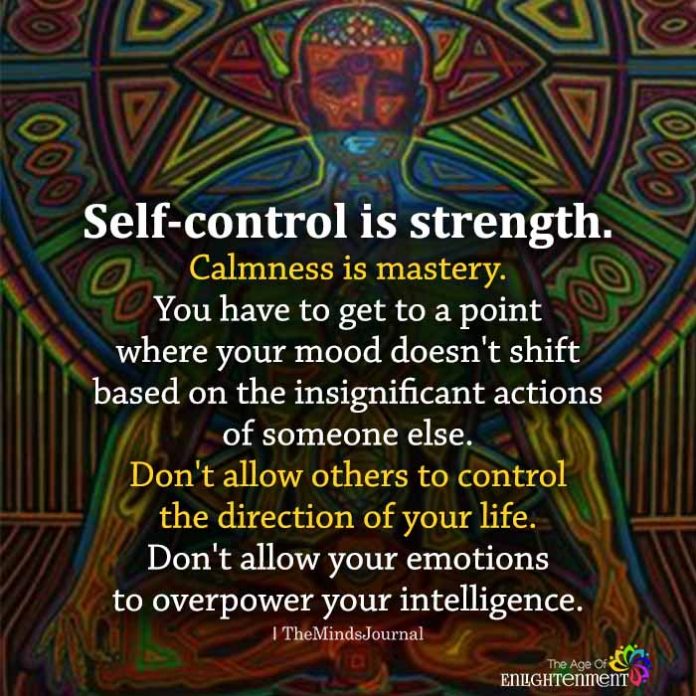Ever felt like your emotions are running the show, leaving you on a rollercoaster ride you didn’t sign up for? If you constantly find yourself swept away by a surge of emotions, then let’s explore how to control your emotions.
Emotions are a natural part of being human, but when they control us instead of the other way around, they can lead to impulsive decisions, strained relationships, and heightened stress levels.
The good news is that you have the power to regain control and navigate the vast ocean of emotions that lie within you. Today, we will explore how emotions can control us, the importance of understanding and managing them, and practical strategies to help you regain the helm and steer your emotional ship towards calmer waters.
Understanding How Emotions Can Control Us

Emotions are an integral part of our lives, influencing our thoughts, behaviors, and overall well-being. They can be intense and overwhelming, often clouding our judgment and leading us astray.
Emotions have an uncanny ability to seize control, dictating our reactions and decisions. From overwhelming joy to debilitating fear, they can steer us like puppeteers, shaping our experiences and relationships.
But understanding how emotions can control us is the first step toward reclaiming our autonomy. When emotions control us, we may find ourselves reacting impulsively, making decisions based on temporary feelings rather than rational thinking.
Related: How to Control Your Emotions When They Are Out of Control
How to Control Your Emotions: 9 Tips for Better Emotion Regulation
Burdened with out of control emotions? The secret to smoothly navigating life’s ups and downs is learning how to control your emotions. Here are nine practical emotional regulation techniques to help you gain control over your emotions and live more harmoniously.
1. Recognize and Label Your Emotions
The first step in gaining control over your emotions is to become aware of them. Take a moment to pause and identify what you are feeling. Are you angry, anxious, or sad?
By labeling your emotions, you create a psychological distance that allows you to observe them objectively.

2. Understand the Triggers
Emotions are often triggered by specific events, situations, or even thoughts. Reflect on the circumstances that provoke strong emotional responses in you. Is it criticism, failure, or feeling overwhelmed?
By understanding your triggers, you can prepare yourself mentally and develop strategies to manage your emotions in those situations.
3. Engage in Self-Reflection and Mindfulness
Engaging in self-reflection and mindfulness practices can help you gain a deeper understanding of your emotional landscape. Set aside time each day to introspect, journal, or meditate.
These practices allow you to observe your emotions without judgment, fostering a sense of calm and self-awareness. Through mindfulness, you can learn to respond to your emotions more thoughtfully rather than reacting impulsively.
4. Cultivate Emotional Intelligence
Emotional intelligence is the ability to recognize, understand, and manage your own emotions and empathize with others. Developing emotional intelligence involves improving self-awareness, self-regulation, social skills, and empathy.
By honing these skills, you can better navigate challenging emotional situations and build healthier relationships.
5. Practice Emotional Regulation Techniques
There are various techniques you can employ to manage out of control emotions and regulate your emotions effectively. Deep breathing exercises, progressive muscle relaxation, and visualization techniques can help you calm your mind and body during moments of intense emotion.
Engaging in physical activities like exercise or hobbies can also serve as outlets for releasing pent-up emotions and restoring emotional balance. This is how to control your emotions.
Related: How To Let Yourself Feel Your Feelings

6. Reframe Negative Thinking Patterns
Negative thinking patterns can exacerbate our emotional distress. Challenge negative thoughts by examining evidence, considering alternative perspectives, and reframing them in a more positive or realistic light.
This cognitive restructuring allows you to regain control over your emotional responses and cultivate a more optimistic outlook.
7. Seek Support
Don’t hesitate to seek support from trusted friends, family, or professionals when dealing with overwhelming emotions. Sometimes, sharing your feelings with others and gaining their perspective can provide valuable insights and emotional validation.
8. Take Care of Your Physical Well-being
Physical well-being is closely linked to emotional well-being. Ensure you prioritize self-care by getting sufficient sleep, eating a balanced diet, and engaging in regular exercise.
Taking care of your physical health can help regulate your emotions and provide a solid foundation for emotional control.
9. Practice Patience and Persistence
Controlling your emotions is a journey that requires patience and persistence. It’s essential to understand that setbacks are a natural part of the process. Be kind to yourself and celebrate small victories along the way.
Remember, with time and practice, you can master your emotions and lead a more balanced and fulfilling life.
Takeaway

Emotions are a powerful force within us, capable of shaping our lives in profound ways. By understanding how emotions can control you and implementing practical strategies on how to control your emotions, you can regain control of your life and navigate the ever-changing tides of your emotions.
Remember, it’s a journey that requires self-reflection, mindfulness, and a commitment to personal growth. So, embark on this voyage of self-discovery, and may you find serenity and emotional mastery along the way.
Related: Ekman’s 6 Basic Emotions and How They Affect Our Behavior
Frequently Asked Questions (FAQs):
How do I stop emotionally reacting?
To stop emotionally reacting, practice mindfulness, take deep breaths, and consider the situation objectively before responding impulsively.
How do I stop emotional outbursts?
To stop emotional outbursts, identify triggers, practice relaxation techniques, and communicate feelings calmly and assertively to prevent escalation.
What are 5 positive ways to deal with emotions?
To deal with emotions positively, try journaling, exercising, talking to a friend, practicing gratitude, or seeking professional support when needed.









Leave a Reply
You must be logged in to post a comment.